Date: 13 September 2011
The Carbonlite Passivhaus Designer Course and exam, run by The Sustainable Building Association (AECB), has been designed specifically for the UK industry and uses UK building examples. The two week intensive course ends in an exam, that if successfully passed makes attendees fully qualified Passivhaus Designers.
The course focuses on five key areas including; an introduction to Passivhaus, the science behind it, construction of a Passivhaus, building services for Passivhaus and how to use the Passivhaus Planning Package (PHPP). It also recommends that attendees take part in the thermal bridging course which takes place alongside the other units of the course. This provides a balance between practical and theoretical learning which no other course in the UK provides.
Because of Isover’s sponsorship of the AECB courses, Mark was able to take part in the pilot course and gain his accreditation before it becomes available to the wider industry this month.
When asked about the benefits of being a qualified Passivhaus Designer, Mark said: “Being able to advise on Passivhaus is a huge benefit for Isover as we can increase awareness of issues such as the differences between UK regulations and Passivhaus implementation, thermal bridging and looping, U-value design, air tightness and indoor air quality, as well as how material specification or detailing can affect the overall energy performance of a building and how Isover can add value to engineer clients’ fabrics and help them address these issues.
“By raising awareness of these considerations while also demonstrating that Passivhaus design isn’t as complicated as many believe it to be we can increase the number of buildings being constructed in the UK to Passivhaus standard and ultimately help improve occupants’ quality of life and wellbeing. It’s also a great way for us to raise awareness of our Multi-Comfort House concept and how it builds upon Passivhaus principles in optimising occupant’s wellbeing by taking into account acoustic and safety features, indoor air quality and energy saving measures.”
To attend the course previous experience or a qualification in the building sector is required. To find out more about the Passivhaus design course visit www.carbonlite.org.uk

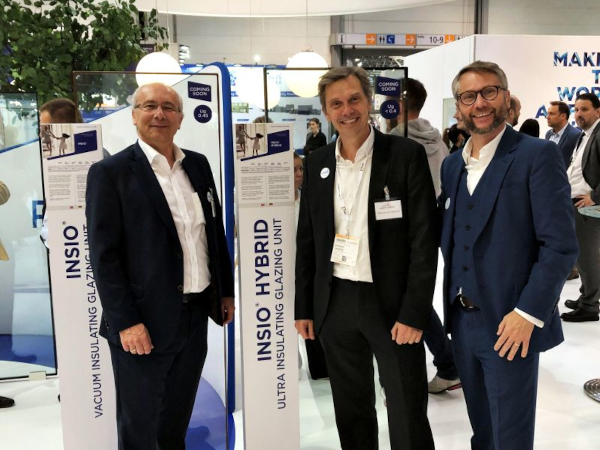
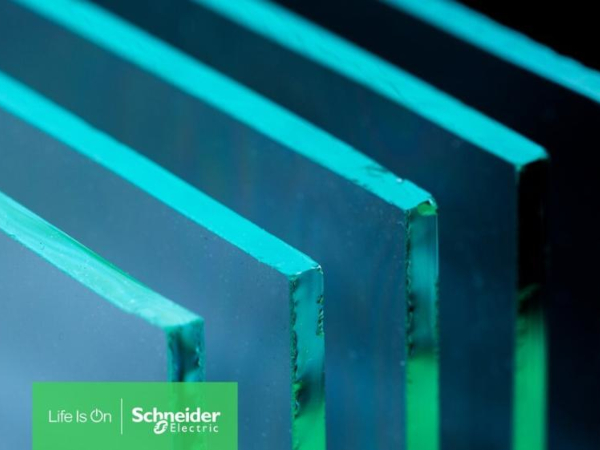
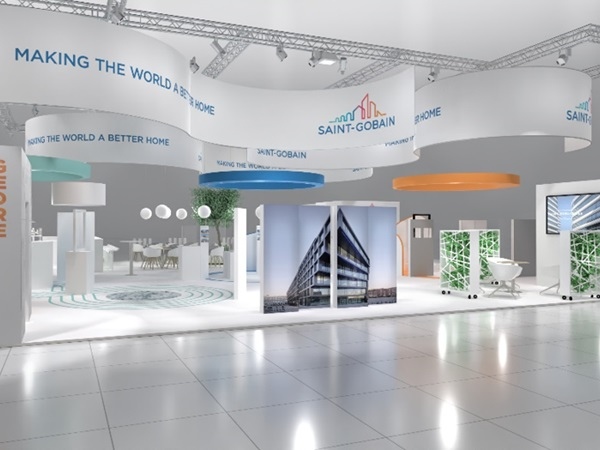
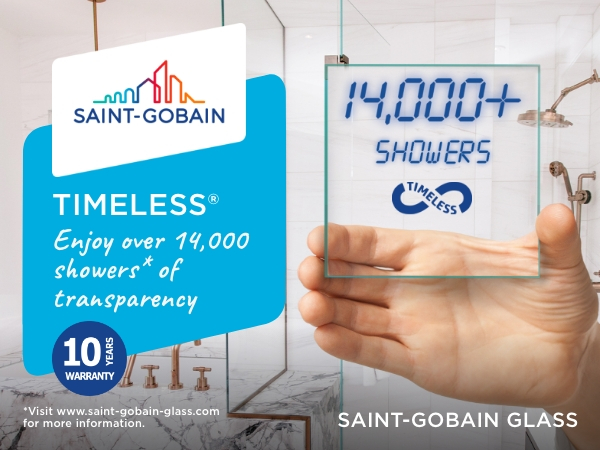

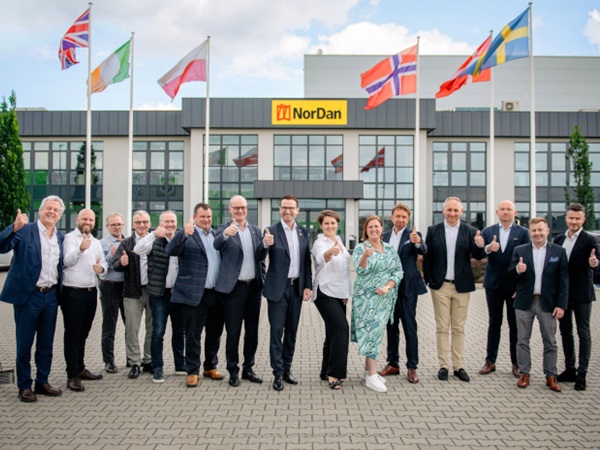

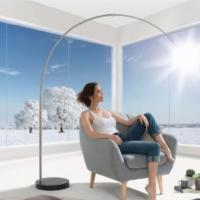

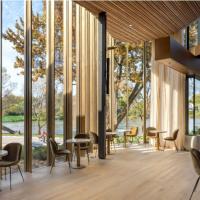

Add new comment